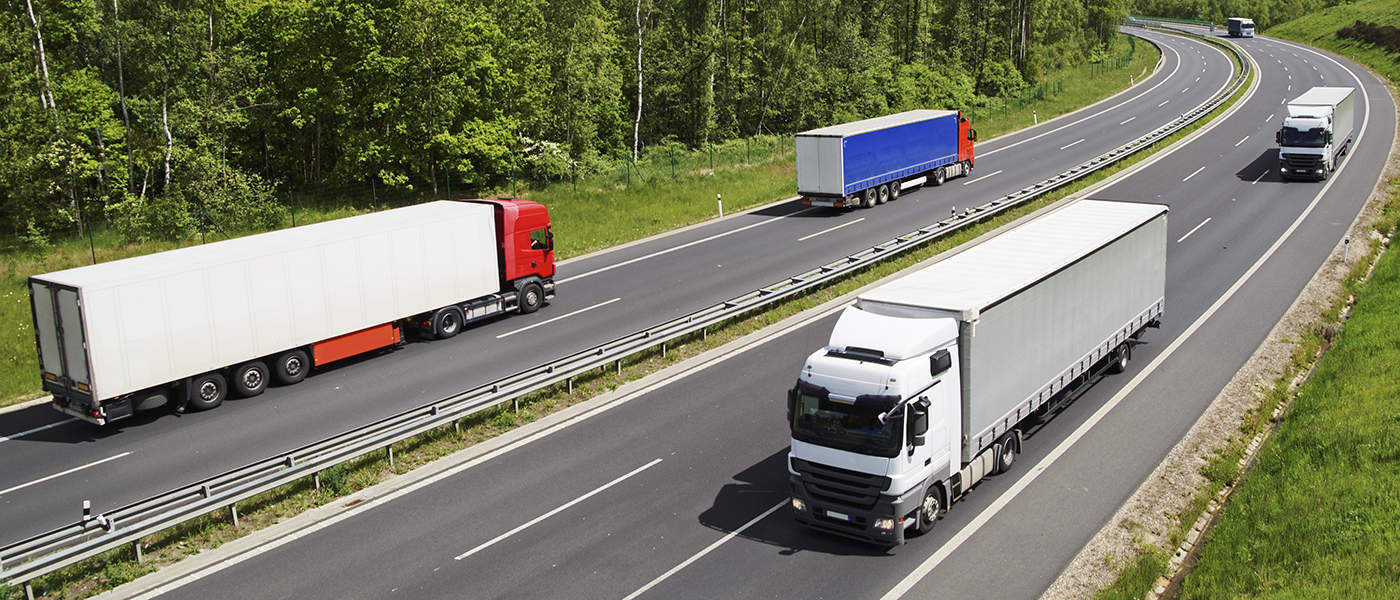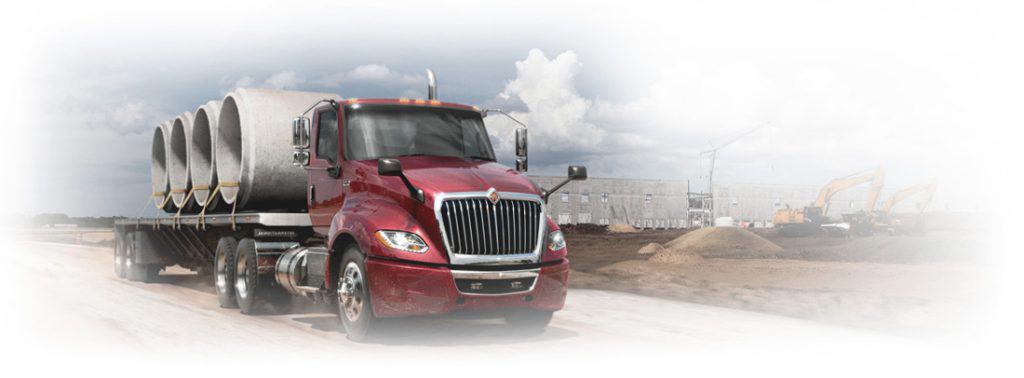What is BIPD Insurance in Trucking?

In the trucking industry, having adequate insurance coverage is essential for the protection of our business as well as to comply with federal requirements. One of the critical types of insurance coverage that truckers and trucking companies must have is Bodily Injury and Property Damage (BIPD) insurance.
What Is BIPD Insurance?
Get Your Free Insurance Quote
Bodily Injury and Property Damage, is a crucial type of liability insurance required for transportation businesses. It provides coverage for damages and injuries that may occur as a result of accidents involving company-owned vehicles. This insurance is designed to cover legal obligations and expenses that may arise from accidents, including medical bills, lost wages, rehabilitation expenses, and pain and suffering.
Additionally, it covers damages to our vehicle, home, or personal belongings if they are damaged as a result of someone else’s negligence.
This type of coverage is particularly important for trucking companies as accidents involving commercial trucks often lead to substantial damages and high costs.
In the trucking industry, BIPD insurance requirements are set by the Federal Motor Carrier Safety Administration (FMCSA) for motor carriers, freight forwarders, and brokers. These businesses must have specific insurance and legal process agent documents on file before the FMCSA will issue their operating authorities. The liability coverage amounts required vary depending on the type of commodities transported and the gross vehicle weight. For instance, freight carriers transporting non-hazardous materials in vehicles weighing under 10,001 lbs require $300,000 in BIPD coverage, while coverage may range between $750,000 to $5,000,000 for those transporting other types of commodities.
The minimum amount for BIPD insurance varies depending on the type of freight being transported and the size of the vehicle. For example, the minimum BIPD insurance for freight ranges from $750,000 to $5,000,000, while for passengers it is $5,000,000. Vehicles with a capacity of 15 passengers or fewer require a minimum of $1,500,000 in BIPD coverage.
BIPD policies not only serves to protect the trucking company from financial loss due to accidents caused by their vehicles and drivers, but it also safeguards the public and other drivers on the road. In the case of an accident, the insurance policy will help cover the costs associated with damages to other vehicles, property, and any injuries sustained by the other party. Additionally, BIPD insurance may also pay for legal defense if the trucking company is sued due to their involvement in an accident.
As a trucking business owner, ensuring that we have the appropriate BIPD insurance coverage is essential to protect our company’s assets and keep our operations compliant with FMCSA regulations.
Additional Coverage To Pair With Your BIPD Coverage
As responsible trucking professionals, we also take preventive measures to reduce the likelihood of accidents. We prioritize safety training and vehicle maintenance, aiming to minimize risks on the road. However, despite our best efforts, accidents can still happen. That’s why having a comprehensive insurance policy in place is crucial.
In the transportation industry, it’s also important to have additional coverages such as Physical Damage Insurance, which covers damages to our own truck and trailer. This type of insurance offers protection in case of collisions, fire, theft, or other unforeseen events that may cause damage to our equipment.
Cargo Insurance should be considered, as it provides protection for the goods we transport. In case of an accident or loss due to theft, cargo insurance ensures that both we and our clients are covered for any financial losses related to the freight.
Choosing an Insurance Company For You BIPD Policy

When selecting an insurance company for our trucking business, it’s essential to consider several factors. We need to ensure that the insurer we choose offers Bodily Injury & Property Damage (BIPD) insurance, as it provides coverage for costs associated with injuries and damages to our vehicle, home, or personal belongings resulting from someone else’s negligence.
One of the well-known insurance companies that offer BIPD coverage for truckers is Progressive. They cater to truckers who operate under their own authority and require specific filings. When choosing a provider like Progressive or any other, we want to ensure they offer competitive pricing and various discounts to help us minimize expenses.
Discounts play a significant role in managing our premium costs. Some common discounts include those for having a clean driving record, bundling multiple policies with the same provider, and installing safety devices in our trucks. Keep an eye out for insurance companies that reward such practices, as it reflects their commitment to promoting safe trucking and cost savings for their clients.
Deductibles are another critical factor in selecting an insurance company. The deductible is the amount we agree to pay out of pocket before the insurance coverage kicks in. Typically, a higher deductible results in a lower premium. However, it’s essential to carefully evaluate our financial capacity and tolerance for risk before choosing a deductible amount. We should aim to strike a balance between affordability and comprehensive coverage to ensure we are adequately protected without breaking the bank.
Understanding Liability Limits
To ensure proper protection, it’s essential to understand the concept of liability limits, as well as the minimum and higher limits for this type of coverage.
Liability limits determine the maximum amount an insurance company will pay in case of a claim. These limits vary and are generally listed as three numbers such as 50/100/10, where:
- 50 refers to $50,000 for bodily injury per person,
- 100 represents $100,000 for bodily injury per accident, and
- 10 signifies $10,000 for property damage per accident.
Minimum liability limits are established by government regulations and vary based on the type of cargo hauled, the truck’s weight, and whether the trucking company operates interstate or intrastate.
It’s crucial to note that minimum limits do not always provide enough coverage, especially in cases of severe accidents or damages.
As such, we recommend higher liability limits, which offer an increased level of protection by covering expenses that exceed the minimum limits.
Higher limits can protect a trucking company from potential financial setbacks due to costly claims, legal fees, or judgments. They also provide additional protection for personal assets, as well as peace of mind for both the truck owner and the affected parties.
When determining the appropriate liability limits for BIPD insurance in the trucking industry, it’s important to consider factors such as the company’s revenue, the type of cargo being transported, and potential risks associated with operations. By customizing liability limits to meet specific needs, a trucking company can be better prepared to face any unexpected incidents or costs, thus ensuring a more secure, stable, and successful business.
The Role of Medical Expenses in BIPD Insurance
We all realize that OTR driving is a hazardous occupation, with the potential for accidents causing bodily harm or property damage. In such cases, BIPD (Bodily Injury & Property Damage) insurance plays a critical role in addressing the aftermath of these incidents. Our focus here is on the medical expenses aspect of BIPD insurance and how it provides coverage to help ease the financial burden associated with trucking accidents.
Medical expenses are a crucial component of BIPD insurance, as they comprise the costs incurred in treating injuries sustained in an accident, whether by the truck drivers themselves, their passengers or other motorists. Covering medical bills and emergency treatment, BIPD insurance ensures that individuals are able to receive the necessary care and attention they need.
In addition to immediate medical attention, BIPD insurance also provides compensation for rehabilitation expenses.
Rehabilitation costs can encompass a wide array of services, such as physical therapy needed to regain strength and mobility or counseling to overcome the psychological and emotional trauma that may stem from the accident. By covering these key aspects of recovery, BIPD insurance allows individuals the chance to regain their health and well-being without bearing the financial burden alone.
Tragically, some accidents may result in fatalities. In these instances, BIPD insurance also covers death and funeral costs. Funerals can be expensive, and the death of a loved one is often emotionally overwhelming. Knowing that BIPD insurance helps alleviate the financial stress associated with funeral costs can provide a small comfort during an incredibly difficult time.
In conclusion, BIPD insurance in trucking serves as a financial safety net by addressing various aspects of medical expenses, rehabilitation, and funeral costs. No amount of insurance can truly compensate for the pain and loss suffered in an accident, but BIPD insurance can provide crucial support during the difficult journey of recovery and mourning.
Frequently Asked Questions
What are the FMCSA’s minimum insurance requirements for trucking?
The Federal Motor Carrier Safety Administration (FMCSA) sets minimum insurance requirements for interstate and intrastate carriers to ensure safety and liability within the trucking industry. All truckers must carry primary liability insurance as per FMCSA’s regulations. The exact amount of coverage depends on the type of cargo being hauled and the vehicle’s gross weight.
How do BIPD insurance requirements differ by state?
While the FMCSA sets the federal minimum requirements for BIPD insurance, individual states can enforce additional requirements to ensure proper coverage for motor carriers operating within their jurisdictions. Insurance limits may vary by state, and carriers must comply with each state’s regulations where they operate.
How does BIPD insurance differ from bobtail insurance?
BIPD provides coverage for injuries or damages caused by a motor carrier’s vehicle when it’s involved in an accident. On the other hand, bobtail insurance covers the truck when it’s being driven without a trailer, either for personal use or when traveling between loads. BIPD insurance is mandatory, while bobtail insurance is optional but highly recommended for owner-operators and fleets.
Is BIPD insurance necessary for Amazon Relay drivers?
Yes, BIPD insurance is necessary for Amazon Relay drivers as they are required to meet both federal and state insurance requirements, including BIPD coverage, when hauling loads for Amazon. BIPD insurance ensures that drivers are protected and able to take responsibility for any accidents that may occur while operating as a motor carrier for Amazon Relay.

